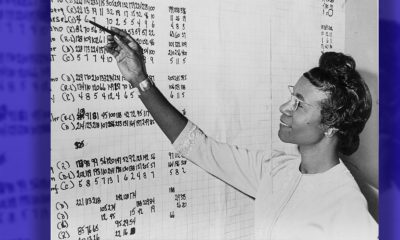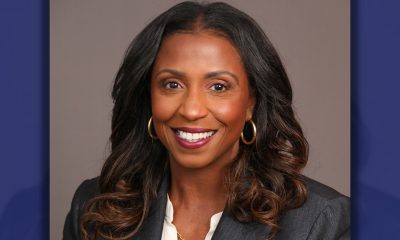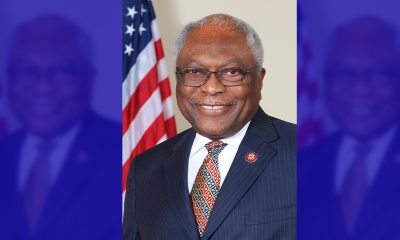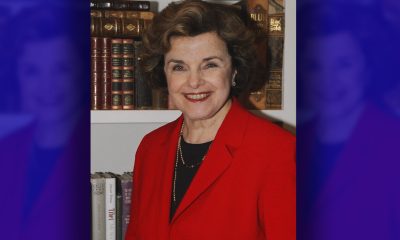The political action committee of the Black Economic Alliance (BEA) endorses political candidates whose work supports prosperity and economic security for Black Americans. Launched in 2018, consisting of an astute and elite core of business and political influencers, BEA has since brought awareness and education to a wide range of voting constituents, now through virtual engagements, given restrictions wrought from the COVID19 pandemic. Beforehand, they assembled in-person “gatherings of the minds” to address matters of vital import. BEA endorsements and financial contributions are sought after and prized. To date, the organization has bolstered the political campaigns of numerous persons, among them:
Reverend Raphael Warnock (Sr. Pastor of Atlanta’s Ebenezer Baptist Church) who is vying among a very crowded field for US Senate seat
Mike Espy of Mississippi who too is seeking a US Senate seat
Jaime Harrison seeking to unseat South Carolina Republican Senator Lindsey Graham
And yes, there are others on BEA’s roster of 2020 endorsed candidates
Fueled by cachet and strategic comportment, BEA is fast becoming a bellwether of the Black body politic. According to their website, www.blackeconomicalliance.org, the organization’s scope hones in on several targets, including–
OPPORTUNITY ZONES: Modify opportunity zone tax policy to incent new business formation and employment versus real estate projects already in flight. Prioritize opportunity zones for infrastructure spending. Modify allocation formulas that favor rural communities at the county level to more focused opportunity zones.
ENTREPRENEURSHIP: Incent venture capital and private equity firms to incubate and invest in companies in opportunity zones in exchange for favorable carried interest tax rates. Incent business development companies to lend in opportunity zones.
AFFORDABLE HOUSING: Incent rent to own options in public and private housing, alternative financing structures, and technology innovations in modular housing. Modify zoning laws for accessory dwelling units and higher density. Accelerate permitting processes and include affordable housing as part of any federal infrastructure bill.
David G. Clunie is BEA’s Executive Director. He shepherds the operational side of this well-heeled, strategically-aligned body of power brokers, many of them luminaries in their own right.
Before joining BEA, Clunie most recently worked at JPMorgan Chase & Co., where he was a senior member of the Corporate Responsibility department, which uses the bank’s resources to increase opportunities for all people—particularly in the areas of workforce development, financial health, small business expansion, and community development. Clunie led a team of government relations managers who forged partnerships with state and local government officials nationwide on local community investments as well as public policy challenges and opportunities. He was a champion for diversity, equity, and inclusion—chairing the firm’s coalition of Black managing directors, The Black Executive Forum; sitting on the firm’s Diversity Advisory Committee; leading CR’s Equity & Inclusion working group; and serving as an ambassador and mentor for The Fellowship Initiative leadership development program for young men of color.
Prior to joining JPMorgan Chase & Co., Clunie was the Executive Secretary of the U.S. Department of the Treasury. As an appointee of President Barack Obama at the Treasury Department, Clunie was a member of Secretary Jacob J. Lew’s senior staff and ran what is often referred to as the Department’s “nerve center.” There, he was responsible for quality control and policy coordination of all work streams associated with Secretary Lew.
We spoke by phone from his Harlem (New York City) home, regarding leadership and expectations.
Sandra Varner/Talk2SV: The Black Economic Alliance’s political action committee is one to be reckoned with; the organization has given clout, heft, and visibility to a number of viable candidates.
David G. Clunie: Indeed. BEA is a coalition of Black business leaders and allies who prioritize economic progress for the Black community. And, we are trying to bring a new perspective in addition to elevating the conversation around what it means for Black Americans to do well, why that goal is important, and inextricably tied to the success of the US economy. Everything we do–from our political action endorsing candidates or pushing for particular issues as well as our engagement with the private sector and our advocacy on legislation–is all about drivers of economic growth and closing the Black-White wealth gap; removing the obstacles to success for Black communities and what it means to the larger US economy, overall.
To demonstrate, a 2019 McKinsey & Company report shows, if you were to close the Black-White wealth gap, you could add some 4-6% growth to real US GDP by 2028. In more recent reports, findings indicate that racial inequality has cost the US economy, $16 trillion over the last two decades. These are examples of why we are doing the work we’re doing, to make right some very longstanding past wrongs, regarding Black people’s opportunity for economic growth.
Talk2SV: Based on what you’ve said, does the work of BEA lend itself more to legislative policy change or consumer and business economics?
Clunie: All of the above, as an organization, we use the extent of our reach as business leaders. Those who are closely tied to policy will impact the public, private, and nonprofit sectors. It’s our belief and approach that in order to have real systemic change, we need to be rowing in the same direction and pulling on levers in all arenas–industry, public, private, and nonprofits–to really see systemic change. We are doing everything from calling for legislation, helping draft legislation and, helping to push legislation that we think would help on the public policy side, also working closely with the private sector and business leaders. We approach “how” they do business with communities of color; how they’re making decisions internally; what culture they’re creating internally and externally, and how it impacts the economic success of Black Americans.
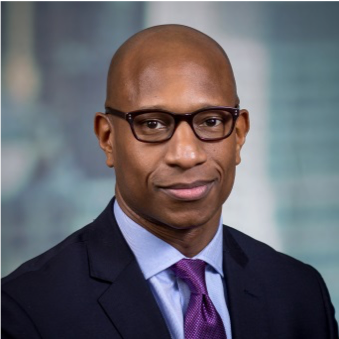

 Activism3 weeks ago
Activism3 weeks ago
 Activism3 weeks ago
Activism3 weeks ago
 Activism4 weeks ago
Activism4 weeks ago
 Business2 weeks ago
Business2 weeks ago
 Activism2 weeks ago
Activism2 weeks ago
 Activism2 weeks ago
Activism2 weeks ago
 Activism3 weeks ago
Activism3 weeks ago
 Activism2 weeks ago
Activism2 weeks ago
